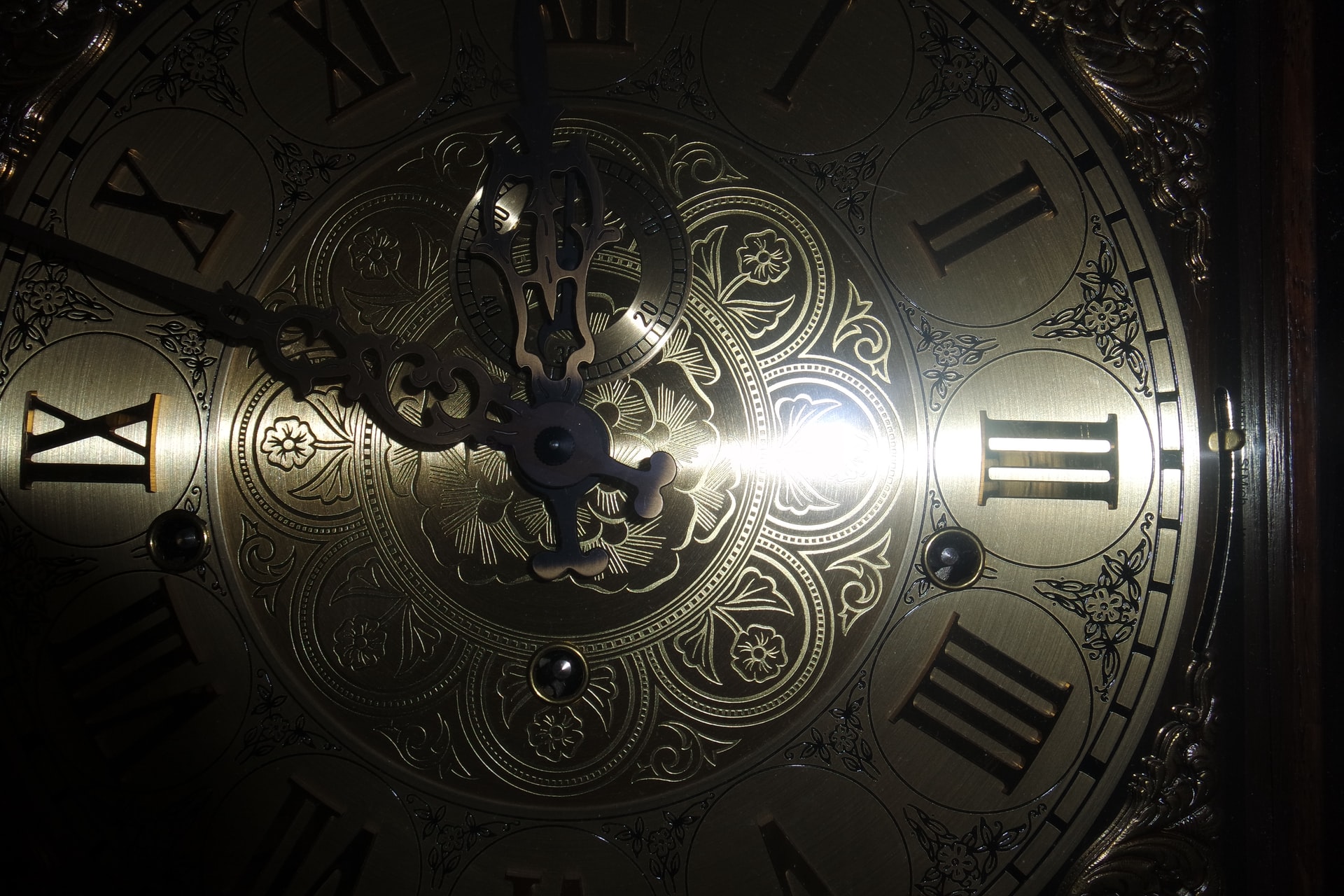
Two weeks ago, I wrote about how the decision of the Department of Justice to not publish two Dóchas Centre reports undermines its stated commitment to combat violence against women. The stated justification was that the Minister was acting on legal counsel sought by her Department. We know a little more about the serious issues which occurred in the Dóchas Centre, prompting the Minister to order a statutory inquiry. Mick Clifford has reported that the issues include the “manipulation of prisoners by some staff members and the use of prisoners by some staff to target other staff members.”
In response to parliamentary questions, seeking further clarification on the ongoing safety of the women in custody and the existence of potential criminal investigations, the Minister reaffirmed her initial position and sought to draw a line under the subject. In addition to the previous defence of legal advice, she added that “…in light of this [decision to not publish the reports], further comment by me on its findings would not be appropriate.”
It is time to move along. But has time moved along?
Time is a Flat Circle
When we are grappling with so many issues of concern within prison life in Ireland, it is easy to try and interpret events or decisions as standalone issues. But fresh insight can be achieved by approaching things with a longer lens.
The voice of women in prison today is absent from this conversation. The daily realities of those most materially and personally affected by the opaque operations of government are also obscured.
“The conditions we were in were worse than a prison – prisoners have rights but we had no rights at all. They did whatever they liked to us and said whatever they liked to us. They were unbelievably cruel and could get away with anything because people in those days put them on a pedestal and believed everything they were told. There was nothing we could do about it.”
This is not a quote from a woman in the Dóchas Centre but it easily could be. It is from the personal testimony of a woman who gave evidence to the Commission of Investigation into Mother and Baby Homes, thinking back to her time in Bessborough in the early 1960s.
As I read through the Commission of Investigation report, it was impossible to not be struck by the profiles of the women in the Mother and Baby homes and in our prisons at present. Women were described as turning up at the offices of the Department of Local Government and Public Health “penniless and homeless.” Alongside being pregnant, many women were described as facing “a series of crises: homelessness, loss of employment, destitution, possible rejection by their family.”
Anyone with a basic working knowledge of female prisons will recognise this profile and experience, so I will not labour the point. But the archetypal female prisoner in Ireland is a woman in poverty serving a sentence of less than three months for a petty, nonviolent crime.
On March 31st 2022, there were 32 women under sentence for theft or related offences in the Dóchas Centre, of which 16 of these sentences were for shoplifting. On that night, there were 92 women (not including remand prisoners) in the Dóchas Centre — so over a sixth of women under sentence were there for shoplifting. Shoplifting by a primary care-giver is not a frivolous endeavour, it is often to provide necessities to those in their care.
This might seem obvious: that the lived experience of poverty and other personal crises were similar for woman in Mother and Baby Homes and modern prisons. The majority of people who lived in our institutions were mostly poor. Yet, the similarities do not end there. At the end of March, 100 women out of 130 (or 77%) in the Dóchas Centre self-reported that they had children. A similar proportion exist in the female wing of Limerick prison. Finally, the stated mission of the Mother and Baby Homes was to “promote reform and repentance.” Disregarding the latter religious term, we see the former regularly in prison strategy documents.
Whisper and Rumour
When it comes to the decision to not publish the Dóchas Centre investigative reports, we are left with ever greater questions. Clifford, reflecting on the prisoners and staff most affected by the issues which prompted the reports, wondered:
“Are they just expected to stay shtum and put up with it because it might cause too much controversy to air what’s going on in an institution charged not just with detaining the women but caring for their welfare?”
But when we view the Minister’s decision over a longer period and in conversation with the Commission of Investigation’s report, we come to slightly different questions. In Report after Report published over recent decades into the unjust institutionalisation prevalent in Irish society, a common acknowledgement is made that what was happening behind the educational and institutional walls was known in whisper and rumour to everyone in the associated wider communities. Yet, they did not really appreciate the extent of the suffering.
Prisons in the present day offer a continuation of this sentiment. The decision to leave investigative reports unpublished flies in the face of transparency. Unlike the closed institutions of our near history, we now have investigative reports completed by the Inspector of Prisons to help us understand but they remain hidden from us as a choice by the State. It prevents us as a society from experiencing what is necessary: the uneasy, uncomfortable confrontation with the truth of how our society treats those we push to the margins. We know from our past that the injustice inside institutions could only continue to operate in the shadows. Why would we think it is different in our present?

